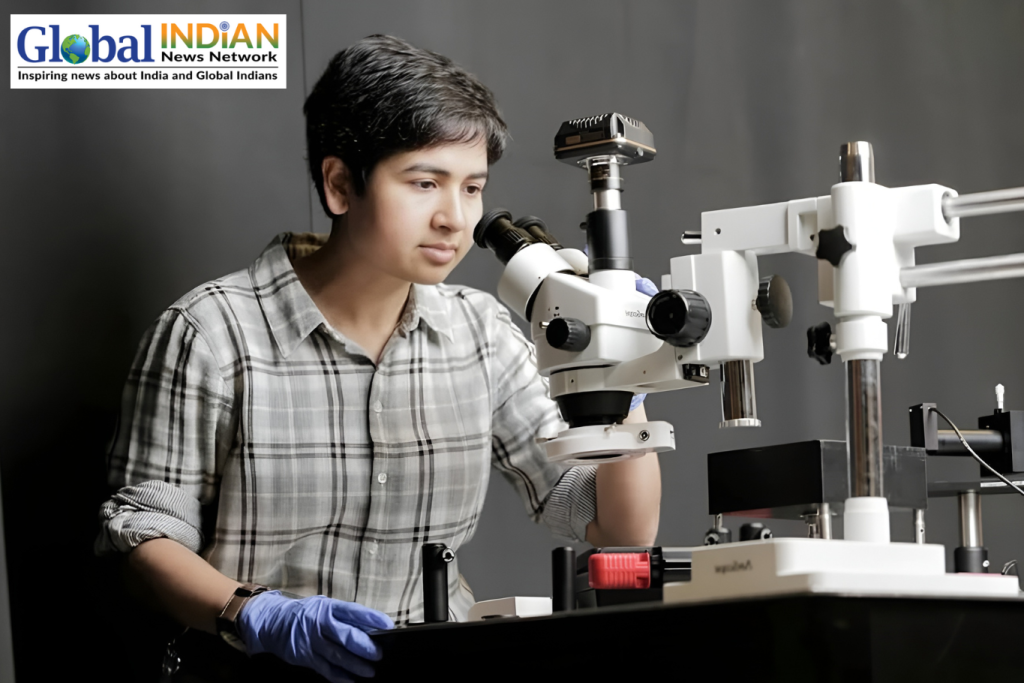
Researchers at the University of Wisconsin–Madison, led by Anjon Audhya, are utilizing cutting-edge cell imaging and genome editing technology to investigate the mechanisms employed by a group of proteins in carrying out crucial functions. This breakthrough has the potential to deepen the understanding of various diseases such as cancer, diabetes, and those impacting immune function, ultimately contributing to the development of novel treatments.
Anjon Audhya, a professor in the Department of Biomolecular Chemistry, heads the research team focused on unraveling the functioning of Coat Protein Complex II (COPII). Recently published in Nature Communications, their findings draw parallels between COPII and a postal system, revealing the intricate processes of sorting packages through the cell’s distribution and delivery systems.
In addition to his research role, Audhya serves as senior associate dean for basic research, biotechnology, and graduate studies at the School of Medicine and Public Health. He leads an internationally recognized research program dedicated to understanding the fundamental mechanisms governing the transport of membrane proteins, lipids, and other macromolecules within eukaryotic cells.
In his role as the head of the Office of Basic Research, Biotechnology, and Graduate Studies, Audhya manages programs and initiatives, guiding faculty and students in obtaining research funding, grant applications, fund management, and technology transfer processes.
Audhya’s academic journey includes a bachelor’s degree from Brown University and a PhD in biomedical sciences from the University of California, San Diego. After finishing his doctoral studies, he undertook a postdoctoral fellowship at the Ludwig Institute for Cancer Research in La Jolla. His significant contributions have earned him prestigious accolades such as the Shaw Scientist Award, an American Cancer Society Research Scholar Award, the H. I. Romnes Faculty Fellowship, and recognition as a RIDE Scholar.









